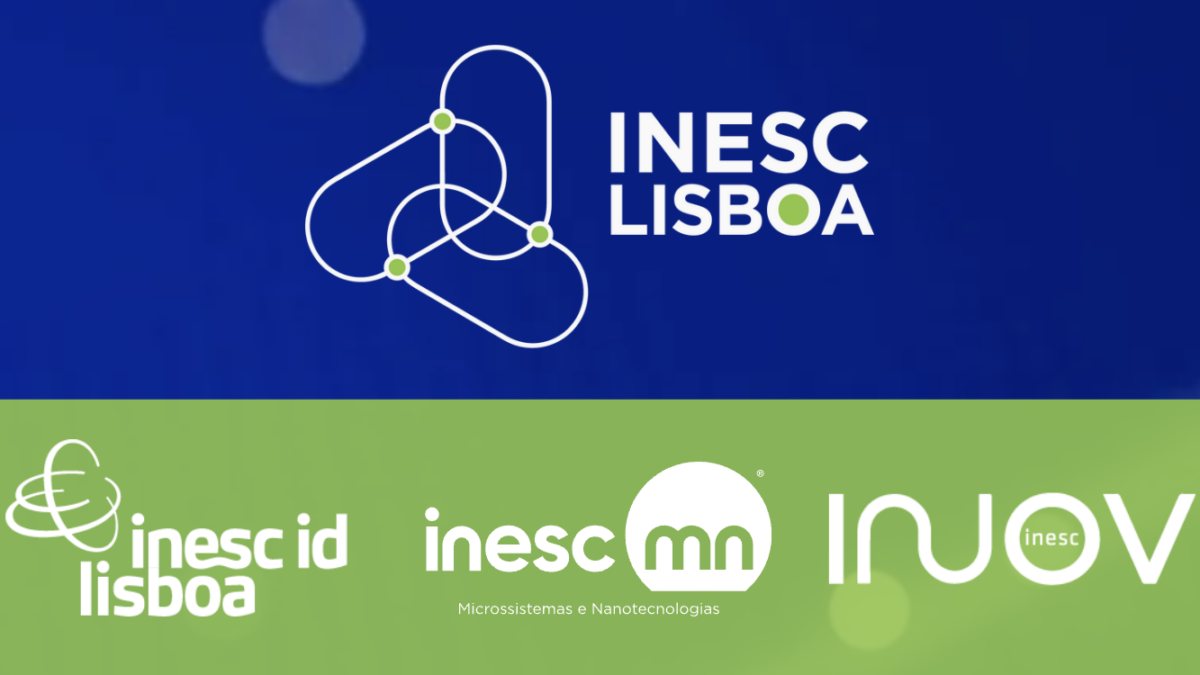
3 Questions with Leonel Sousa on INESC Lisboa and its Annual Meeting in 2024
The biggest event in our community is approaching: the 2nd INESC Lisboa Annual Meeting, which will take place on October 25. We have asked three questions to INESC Lisboa director, Leonel Sousa, about the event and the INESC Lisboa community.
– Why are these INESC Lisboa annual meetings relevant?
Until 2022, each of the INESCs in Lisbon held its annual Meeting. Starting in 2023, these meetings were merged into a single event, with over 250 participants and external guests. The 2023 event featured interventions from a Minister (Ministro da Economia e do Mar) , as well as the President of the Comissão de Coordenação e Desenvolvimento Regional de Lisboa e Vale do Tejo. During the Meeting, topics ranging from research to technology transfer were discussed, covering the fields of Electrical Engineering, Computer Science and Engineering, as well as the technological areas of microelectronics and nanotechnology. The Meeting, in its current format, is unique, providing an opportunity to learn about the activities of the INESCs in Lisbon, share experiences, and establish collaborations.
– Comparing to last year, what do you expect of this year’s meeting?
The second edition of the INESC Lisbon Meeting will be even more challenging than the 2023 edition. The joint sessions will fully occupy the morning of the Meeting, rather than just part of the morning. In addition to the institutional components, morning sessions will feature the in-person participation of Dr. Dejan Milojicic, Chair of the IEEE Future Directions Industry Advisory Board, a group within IEEE with strong industrial involvement. This board is responsible for identifying key technologies and technological megatrends and suggesting the best ways to advance these technologies. It will serve as a reflection on the evolution of R&DI activities at INESC Lisbon in the coming years.
– How has the INESC Lisboa community evolved throughout the years?
The INESC in Lisbon involves three research institutes, two of which have research units classified as Excellent by the FCT, two recognised by the government as Associated Laboratories (LA), and two Technology and Innovation Centers (CTI). The organisation of INESC-ID, INOV, and INESC MN has evolved individually since 1999/2000 with great success, and in the past four years, thanks to the synergies between these institutes within the INESC Lisbon platform, they have achieved a consolidated budget of €15 million, with more than 350 researchers and technicians from over 20 different countries, 134 projects and contracts, 43 of which are coordinated by these institutions. Only an invaluable and diverse community, like that of INESC in Lisbon, is capable of achieving such success!
